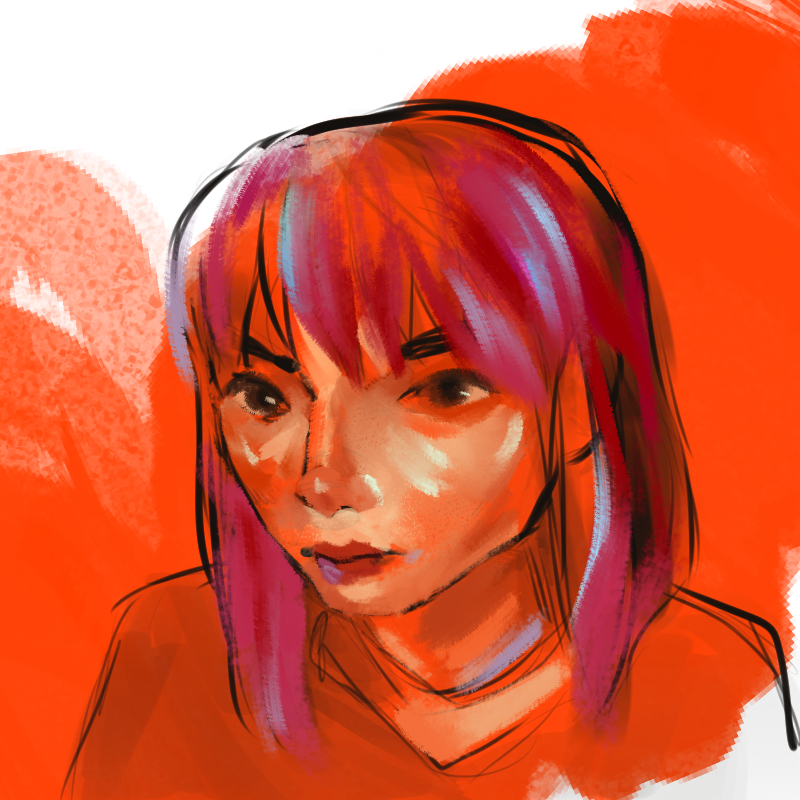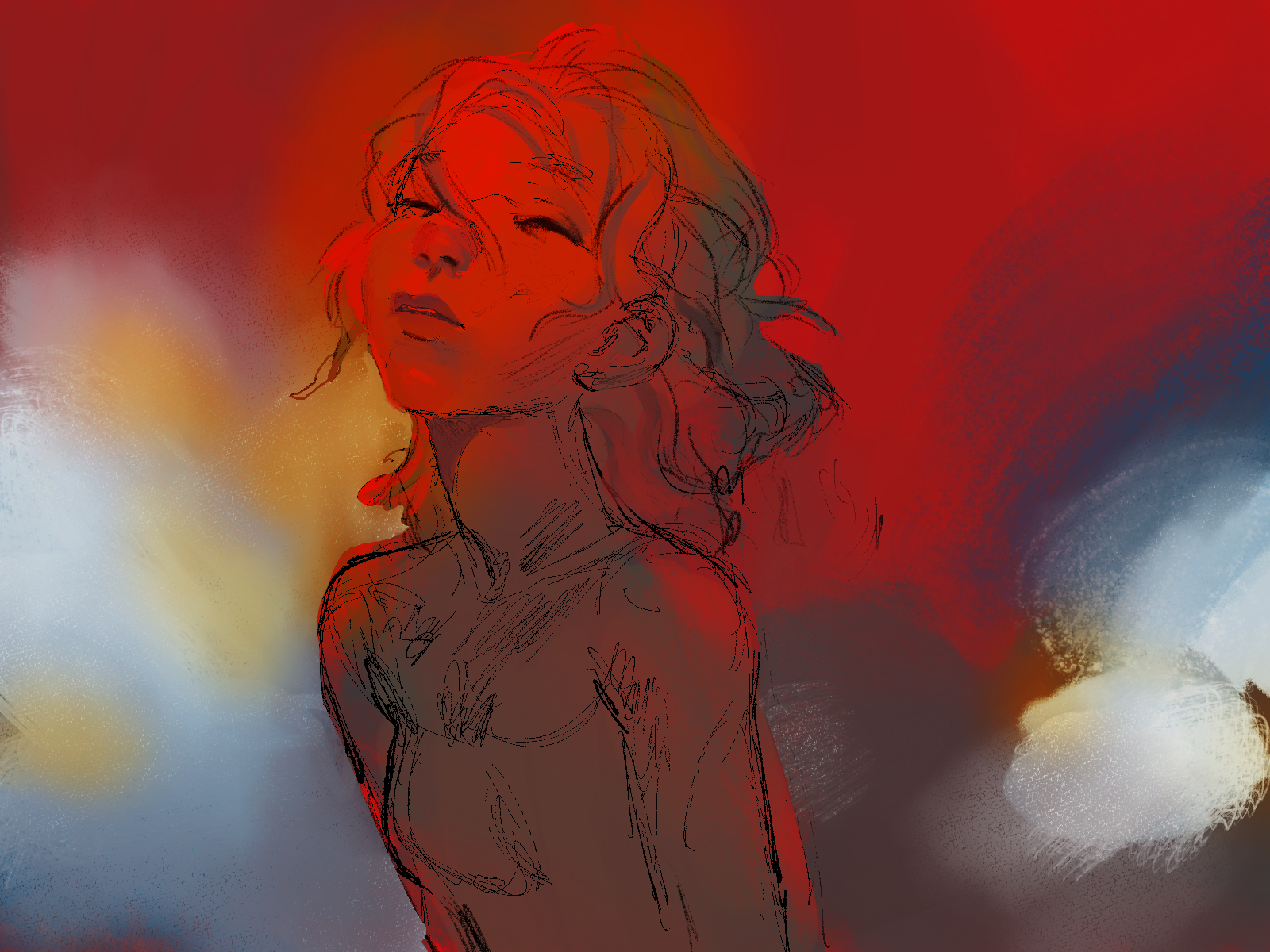This honestly feels like a really accessible and friendly movement in the ways that it removes the rich and exclusive environment of art galleries. Anybody can access and see NFTs, anybody can sell NFTs (a massive improvement from galleries) because of that sort of “unlimited space” of the internet and the anonymity that prevents racism, ageism, sexism, and other prejudices that could make it difficult for someone to emerge as an artist in more traditional ways. It takes back the power of the individual artist, especially minority artists. Despite the inclusivity I feel exists with sellers and viewers, I have definitely noticed that the exclusivity and upper-class feel of buying art has persisted- if not increased- in this format. I also don’t think that’d ever be remediable; buying art has always been a “I have so much income that all my needs have been met and I also have a bunch left to spend on not-so-necessary things” thing to me. But, I think it’s an improvement in every other category of class.
I also do understand the environmental implications of the more traditional cryptocurrencies and NFT marketplaces. In all honesty, it has been a really hard concept for me to grasp because the internet and cyberspace and all of that has always felt like an intangible, “in the air and everywhere but also not taking up any physical space” kind of thing. I know that’s not true, especially now, but it is something I am having a hard time picturing. I see how NFTs cause this harm, but I also think that the proof-of-stake basis of the crypto we’ll be using is a really great step that will hopefully take off and replace more harmful forms. Everest Pipkin’s take on them though, I noticed, is not good either. They assert that no matter what you do, crypto “almost universally grant[s] power to the already powerful.” I also thought what they said about cryptocurrency being a pyramid scheme was really interesting. The idea of “you make money from the people who join after you” wasn’t one I had considered before, and it definitely got me thinking.
Again, despite all of this reading and discussion, my brain really hurts trying to wrap my head around these concepts, but I really feel like there is the potential for a lot of good to come out of this if it was implemented in a more secure, exact, and environmentally-friendly way. Though I wouldn’t really consider myself an artist the way that people selling NFTs would, I, as a POC, have a lot of sympathy for minorities who have been sidelined who now have a chance to make a life out of their passion.
I have a lot of trust in this class and am definitely more than open to trying this out this week. But, I don’t see myself ever exploring these marketplaces as a seller or buyer again, just because it’s not really my area of interest.

